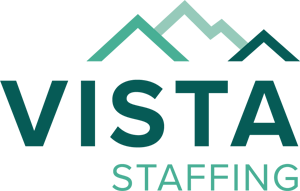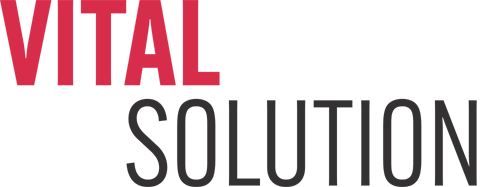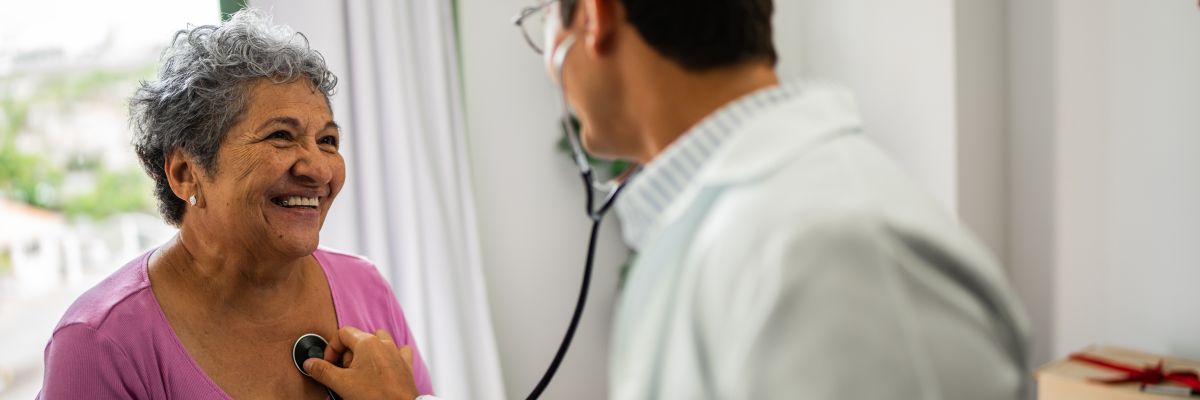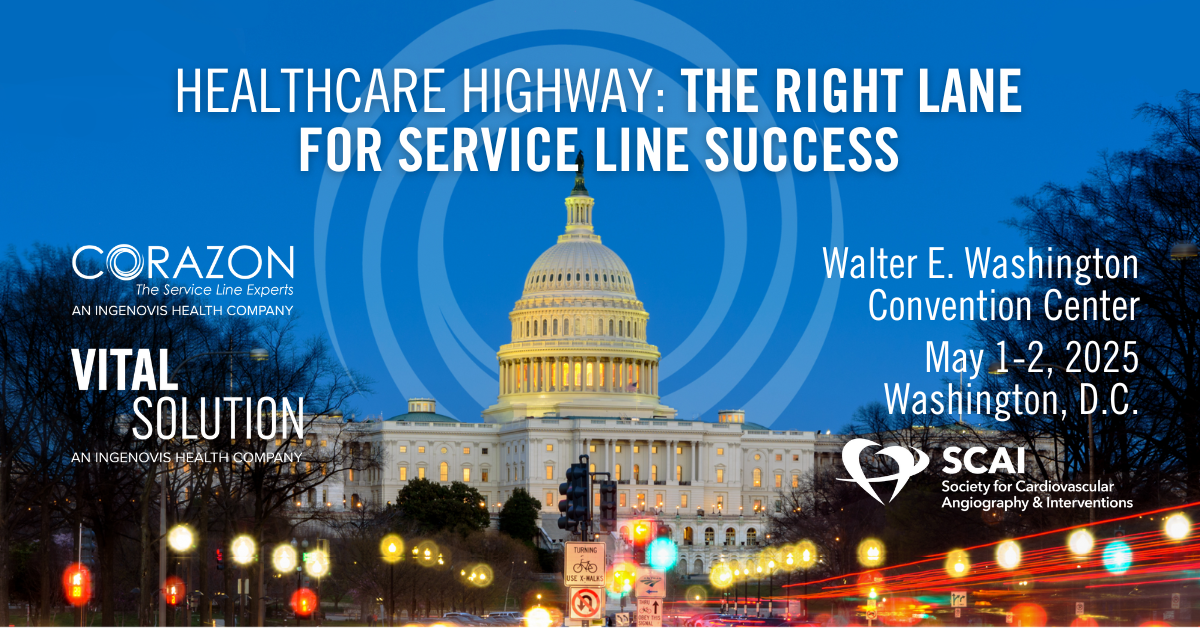
Insider Intel: Tips for Getting Started with CardioSolution
Insider Intel: Tips for Getting Started with CardioSolution
Interested in working with CardioSolution but not sure what to expect? We sat down with two of our recruiting managers to get some insider knowledge about the hiring process—and what you can do to expedite it.
CardioSolution is a physician-led group that brings heart care to underserved communities across the country. We build, augment, and operate cardiovascular programs, providing a functional space, the best doctors, and highly qualified staff to bring care to those who need it most.
We’re passionate about bringing cardiology services to regional hospitals, and serving some of the largest health systems, too. We offer a unique hybrid of the traditional employment models found within healthcare, and we are unlike any other organization in the field today.
Get to Know Your Cardiovascular Role
Because the employment model with CardioSolution is unique, our recruiters spend time with both physician and non-physician candidates to ensure they fully understand the role for which they’ve applied. We currently hire clinicians in 19 states at all levels of experience, from one year after fellowship to those in semi-retirement.
We forge long-term partnerships with hospital clients that benefit everyone involved:
- Clinicians enjoy a longer-term, yet flexible assignment
- Hospitals secure a stable, committed team in the cath lab
- Patients gain access to lifesaving cardiac care in places where these services are typically scarce
Most cardiologists work in the cath lab for seven days, followed by seven days off. However, this is not a locum tenens assignment. Our cardiologists follow up on patients and provide continuity of care like private practice physicians without worrying about the business side of medicine. And, physicians are supported by a nationwide, physician-managed organization, including a network of more than 120 cardiologists who can consult on cases and share best practices. Assignments are designed to foster work-life balance and empower clinicians to pursue their passions.
Our physicians have both stability and flexibility, which you typically don’t experience in traditional cardiology practices. Unlike locums work, we offer full-time employment, not just fill-in work.
Dave Alexander, Physician Recruiting Manager
“Our physicians have both stability and flexibility, which you typically don’t experience in traditional cardiology practices,” explains Dave Alexander, physician recruiting manager. “Unlike locums work, we offer full-time employment, not just fill-in work.”
CardioSolution also staffs additional roles, including cath lab techs, cath lab nurses, and cath lab leadership, depending on the client’s needs. In some cases, we staff the entire lab; in others, the lab is staffed by a mix of contracted and hospital-employed clinicians. We’re often approached to develop a cardiac cath program from the ground up.
“We work with candidates to ensure they’re placed in facilities that meet their interests,” explains Cara Winship, non-physician recruiting manager for CardioSolution. “We’re unique in the cardiovascular space: clinicians can sign on for a typical travel assignment, or they can be part of an implementation team where they’ll have the opportunity to help build a program from the ground up.”
In general, working as a non-physician, you’ll:
- Work five eight-hour shifts or four 10-hour shifts
- Be paid bi-weekly
- Be eligible for benefits, which include medical, dental, and vision coverage, a 401k plan, voluntary life insurance, and short- and long-term disability insurance
- Likely have extended employment contracts or an opportunity to transition to another site.
- Have a competitive compensation package
- Be able to participate in a Performance Bonus Program and Referral Bonus Program
- Be reimbursed for licensure costs
- Have opportunities for growth
Most assignments are in regional communities 90+ miles from a major city, and most facilities don’t have surgical backup. Our staff saves lives by providing interventional cardiac care in areas that need us most. In fact, our teams have performed the first percutaneous coronary interventions (PCIs) in more than two dozen communities.
“Our teams have a greater purpose,” Cara explains. “We are mission-driven and believe cardiac care is a right, not a privilege based on a person’s geography.”
What to Expect While Onboarding
As part of the hiring process, you’ll complete a four-page questionnaire that captures your professional history, including prior experience, skills, and case volume. You’ll then speak with a field operations manager, an experienced cath lab professional who serves as a liaison between physicians, hospitals, and CardioSolution. He or she will speak with you at length to determine if you’re a good fit for the role.
If it’s all systems go, you’ll then talk with one of our regional chief medical officers (RCMO). RCMOs manage physicians at multiple hospitals and can explain what it’s like to work at a site from the physician’s perspective. The next step is visiting the site to meet the cath lab team.
Our in-house credentialing department handles the credentialing process for both physicians and clinical support staff. This hands-on attention to detail ensures that once you’re privileged, you’re cleared to work on day one without any hiccups.
Your first day will likely involve:
- Completing the hospital’s orientation program.
- Getting to know the site’s EMR.
- Spending time in the clinic to get acclimated.
After orientation, a typical day for physicians will include rounding on patients and lab time. You will provide the full spectrum of cardiac care at the facility.
Seven Tips for a Smooth Transition
Dave and Cara shared their top tips for ensuring a smooth transition to a role at CardioSolution:
- Respond promptly to recruiters and have patience during the process.
- Make sure your immunizations are up to date. For example, some hospitals require COVID-19 and/or influenza vaccinations.
- Be sure to have electronic copies of your immunization records, credentialing documents, an updated CV, academic records, and licenses to expedite the credentialing process.
- Physicians are hired as 1099 subcontracted employees, which may limit the benefits provided. Clinical support staff start receiving benefits the first of the month after their start date. In either case, have a plan in place if there will be a gap in your insurance coverage.
- Find out if scrubs are provided. If not, learn where to purchase them.
- Learn about the site, including volume, types of cases, and the number of labs, so you know what to expect.
- Be flexible and coachable, and reach out to your field ops manager with any questions you have or hurdles you experience.
“That last tip is so important. We can’t fix what we don’t know about, so surface any issues as soon as they arise,” Dave explains. “Everyone is here to help you succeed. Two-way communication is key.” CardioSolution is looking for capable and driven physicians and healthcare professionals who are seeking flexibility and professional satisfaction.
Contact us to learn more.
 company
company 
 (866) 755-7519
(866) 755-7519












